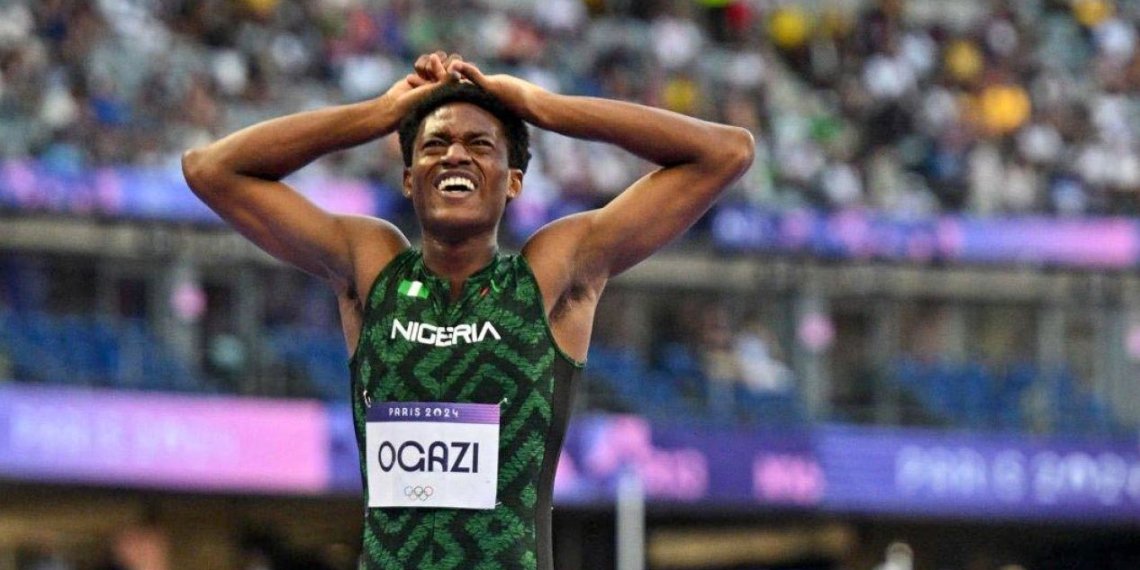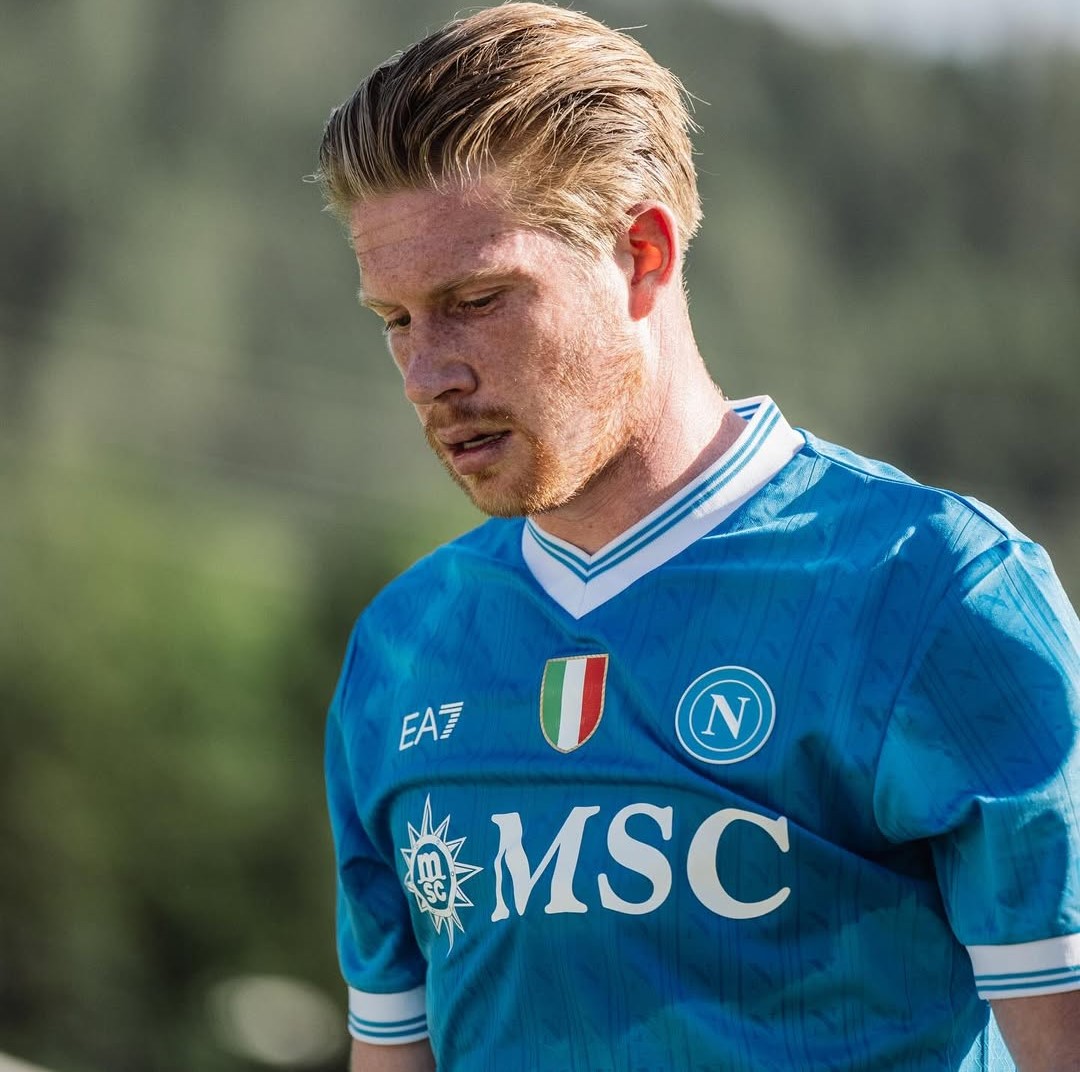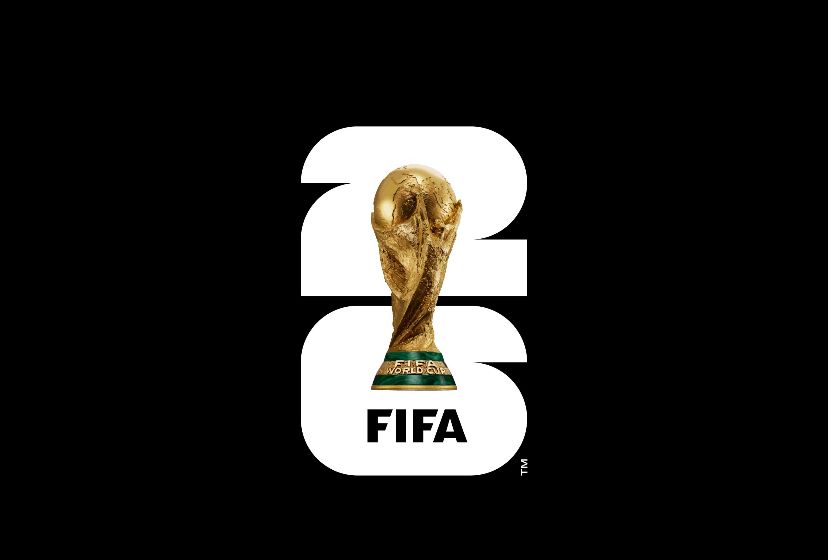When Nigeria’s new sprint star Samuel Ogazi stepped onto the world stage for the men’s 400m at the 20th World Athletics Championships, anticipation in Nigeria and across West Africa ran high. Many fans at viewing centers from Ikeja to Kumasi had watched his rise with pride, expecting fireworks from the 19-year-old who had dazzled throughout the season. However, what followed was not the Ogazi Nigerians hoped for—and the young athlete’s post-race revelations have ignited fresh debates about athlete welfare in African sports.
High Hopes and Difficult Decisions
Ogazi, who recently became NCAA 400m champion and set his sights on the Paris 2024 Olympics, shared after the race in Tokyo that he wasn’t in top condition and had expressed health concerns to Team Nigeria’s management. Despite his warnings, Athletics Federation of Nigeria (AFN) officials reportedly urged him to compete, highlighting longstanding issues about how young athletes are managed.
According to Ogazi, “First of all, I told the Team Nigeria officials I wasn’t prepared for this race because my hamstring is bothering me, but they still insisted that I should go around. So I did what I could, and that’s the outcome.” His frankness highlighted the immense pressure elite athletes sometimes face to perform at all costs, regardless of their readiness.
Pre-Championship Troubles: From Confidence to Concern
Ogazi didn’t arrive at the World Championships expecting difficulties. Just before leaving for Tokyo, his training sessions had gone extremely well, boosting confidence ahead of the global competition. But travel and the demands of international events can swiftly change an athlete’s fortunes.
“On Monday, back home, I had a very good practice and I felt ready. I flew in on Tuesday. On Wednesday, I went for a shakeout and I felt some tweak or some shaking in my hamstring,” Ogazi explained, adding, “I don’t run with injuries. Everybody who knows me knows that I don’t run with injuries.”
Despite bringing his physical worries to the attention of team doctors and management, Ogazi said his reservations were disregarded. “I told them, Team Nigeria officials, I’m not prepared for this. I don’t think I could do anything if I go out there. They said, just go out there and give it your all. I didn’t warm up properly. I didn’t do anything properly.”
Mental and Physical Toll: The Athlete’s Viewpoint
For Ogazi, taking the risk of further injuring himself was never part of the dream. He explained his willingness to step aside if it was in the interest of his long-term health—an attitude that resonates with growing discussions on athlete welfare, both in Africa and globally.
“Yeah, I was willing to sit out. I was very, very much willing to sit out. During the warm-up, I spoke with the doctor. He taped my leg. I told him, yo, I’m not ready. I know I’m not feeling healthy and strong yet.”
Adding a new twist to his account, Ogazi also revealed, “Right now, I’m not feeling healthy and strong. I don’t know, maybe coupled with the fact that I was diagnosed with COVID two weeks ago. I don’t know.” This raises important questions—not just about his personal risk but about protocols for managing athletes recovering from illness or injury.
Ogazi’s honest reflections have reignited debates across Nigerian online forums and athletic circles about the balance between national glory and individual well-being.
Season of Triumphs—And Hard Lessons
Despite the disappointment in Tokyo, Ogazi’s 2024/25 season remains a major success. At just 19, he claimed the NCAA 400m title—a long-held goal for many Nigerian athletes, considering the championship’s status as a launchpad to global stardom. “I would say my season was impressive and superb because my main goal was to win the NCAAs and I got that done. After that, I was just going with the flow,” Ogazi told reporters, reflecting on his season-best time of 44.43 seconds.
Ogazi, a former African U18 double champion in both the 200m and 400m, has clearly demonstrated his ability to compete among the world’s best. But Tokyo’s experience showed the challenges athletes face when their bodies—and decision-makers—don’t align with their ambitions.
Pressure Cooker Culture: A Longstanding Issue?
Ogazi’s revelations have prompted reactions from across Nigeria, Ghana, and the wider African sports community. Athletes, coaches, and fans have called out the AFN for allegedly prioritizing “results at all costs.” The question of how to protect young talent and prevent burnout or long-term health risks continues to trouble Nigerian sports.
According to Lagos-based sports analyst Olumide Adebayo, “We’ve seen this pattern repeatedly. The desire to see our flag raised on the global stage sometimes blinds officials to the risks and realities faced by athletes, especially teenagers.”
- Some blame a lack of depth in the national team, placing too much burden on a handful of promising stars.
- Others point to inadequate funding, oversight, and athlete support systems compared with other nations.
- Fans call for more transparency and athlete-centered decision making.
For decades, Nigerian athletics has produced world-class talent, but concerns remain about sustainability and athlete care. Comparisons have been drawn to similar issues faced by Ghana and other West African nations, underscoring a regional challenge that demands reform.
Can Athlete Welfare and National Ambition Coexist?
Ogazi’s situation spotlights the difficult balance between chasing international medals and ensuring the health of future stars. How can Nigeria and West African nations protect their brightest prospects, while satisfying the appetite of fans and sponsors for global triumph?
Sport psychologist Dr. Ifeoma Nwachukwu notes, “Prioritizing the athlete’s physical and mental health is not just a moral responsibility. It’s also essential if we want long-term solutions—a healthy athlete has a longer, more productive career.” She recommends independent medical assessments and confidential athlete feedback channels ahead of major championships.
The Road Ahead for Ogazi—and Nigerian Athletics
At 19, Ogazi still has immense promise. His openness may prove to be a turning point, inspiring calls for a more resilient, athlete-friendly approach within Nigerian sports federations.
For now, Ogazi remains focused on recovery and future competitions. “I’m taking things step by step. My plans have not changed—I still want to represent Nigeria and Africa at the highest levels, but I have to listen to my body, too.”
His story serves as both a cautionary tale and a rallying point for reform—one that resonates far beyond Nigeria’s borders, fueling conversations about youth sport management and the future of athletics in Africa.
What do you think—is enough being done to protect rising stars in Nigerian and African sports? Should talent ever be sacrificed for national glory? Share your thoughts below, and join the discussion across our social media platforms.
Have your own sports story or opinion to share? We want to hear your voice! If you have a sports scoop, athlete tip, or want your story featured, reach out to us at story@nowahalazone.com. For general questions or support, connect via support@nowahalazone.com.
Love to debate the hottest sports gists and follow rising stars? Drop a comment below, and follow us on social media for the latest updates:
Facebook |
X (Twitter) |
Instagram










